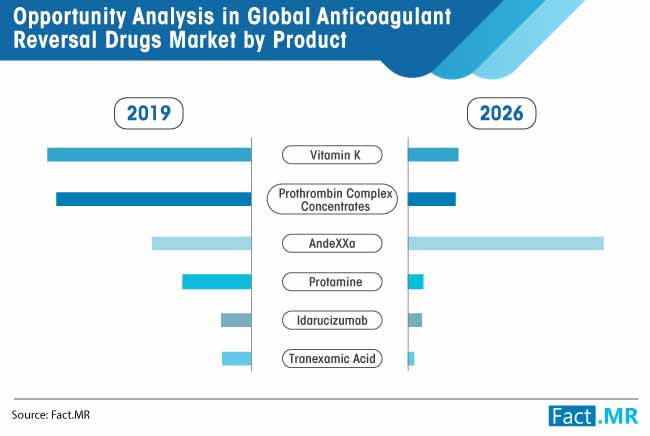



Female patients of childbearing potential (defined as having experienced menarche) must have followed the contraception requirements according to the dabigatran trial 1160.106 or trial 1160.108 in which they are enrolled.Male or female patients from 0 to less than 18 years of age at the time of informed consent/assent for participation in trial 1160.106 or in trial 1160.108.Currently taking dabigatran etexilate in the context of a clinical trial with dabigatran etexilate (1160.106 or 1160.108).Overt bleeding judged by the treating physician to require a reversal agent.Patients taking dabigatran etexilate in the paediatric trials 1160.106 or 1160.108 are eligible for this trial if they meet the following criteria: Why Should I Register and Submit Results?.Development and investigations are underway for antidotes to reverse all available DOACs, yet thus far the US Food and Drug Administration (FDA) has approved only one agent that specifically reverses dabigatran etexilate mesylate, or Pradaxa (Boehringer Ingelheim Pharmaceuticals, Ridgefield, Conn). In the rare event of an extensive bleed, an effective antidote for the anticoagulant is desired. While the DOAC agents have demonstrated similar or a statistically reduced risk for major bleeding compared with warfarin in clinical trials for treatment of nonvalvular atrial fibrillation and venous thromboembolism, bleeding remains a concern with all anticoagulants. The approval of the first reversal agent in the US for a direct oral anticoagulant (DOAC) propels the evolution of patient care for those who require anticoagulation. The use of anticoagulants that directly affect thrombin, or the clotting factor Xa, has become mainstream practice over the past few years, often replacing warfarin as first-line therapy.


 0 kommentar(er)
0 kommentar(er)
